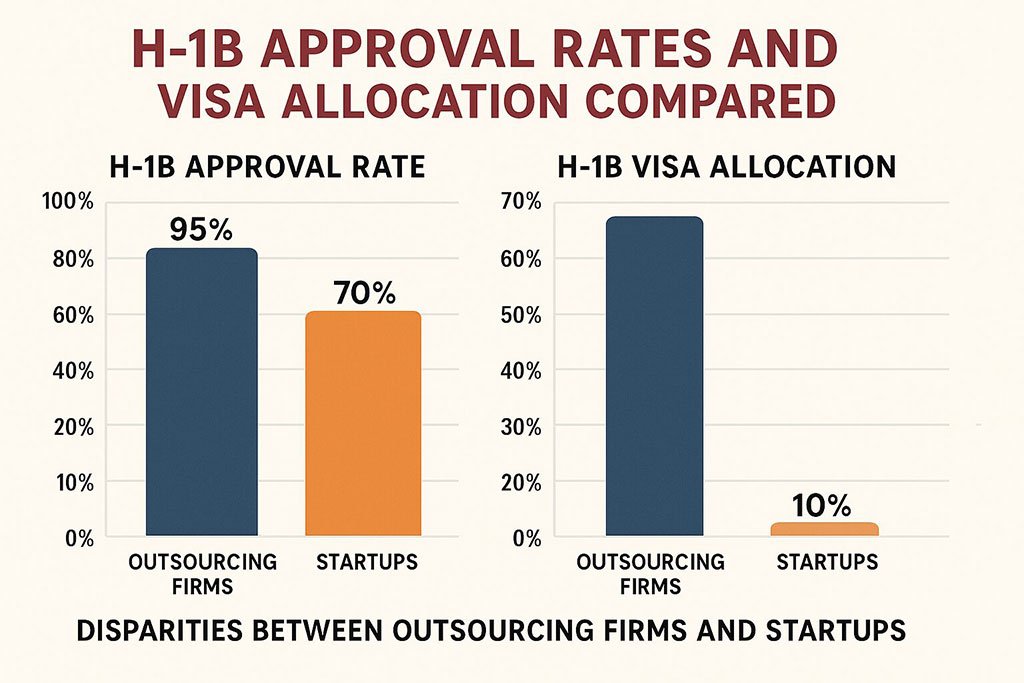Now Reading: UK Regulators Hold Up Revolut’s Banking License Over Risk Management Worries
-
01
UK Regulators Hold Up Revolut’s Banking License Over Risk Management Worries
UK Regulators Hold Up Revolut’s Banking License Over Risk Management Worries

UK regulators have paused the approval of Revolut’s banking license, citing concerns over risk management and operational controls. This development underscores the increasing scrutiny fintech firms face as they scale, highlighting the delicate balance between innovation and regulatory compliance in the rapidly evolving financial services sector.
Understanding the Situation
Revolut, the UK-born fintech powerhouse, has disrupted the traditional banking model with a suite of digital-first services, ranging from instant payments and currency exchange to crypto trading and savings products. Its meteoric rise has attracted millions of users globally and positioned it as a formidable competitor to traditional banks.
However, the UK’s Prudential Regulation Authority (PRA) and Financial Conduct Authority (FCA) have expressed reservations about Revolut’s internal controls and risk management practices. The regulators are particularly focused on ensuring that Revolut can handle operational risks, protect customer deposits, and meet the rigorous compliance standards expected of full-fledged banks.
While Revolut continues to operate under its e-money license, which allows it to provide digital financial services, the delay means the company cannot expand into full banking operations until these concerns are addressed.
Why Risk Management Matters in Fintech
The fintech sector thrives on innovation, speed, and convenience. Yet, these very advantages can create vulnerabilities if risk management and compliance frameworks are not robust. For example, digital banks must navigate:
-
Operational Risks: System outages, cyberattacks, and transaction failures can erode customer trust.
-
Financial Risks: Inadequate capital buffers or weak liquidity management can jeopardize stability.
-
Regulatory Risks: Non-compliance with banking regulations can lead to fines, legal challenges, and license delays.
Regulators are particularly vigilant in the UK, which prides itself on being a global fintech hub. The PRA and FCA have repeatedly emphasized that digital banks, no matter how innovative, must adhere to the same rigorous standards as traditional banks to safeguard the financial system and consumers.
Revolut’s Rapid Growth and Regulatory Pressure
Revolut’s ambitious growth trajectory has undoubtedly contributed to regulatory concerns. Over the past five years, the company has expanded aggressively across Europe, Asia, and the Americas. It has diversified its offerings to include crypto trading, international transfers, savings accounts, and even stock trading. While these expansions have delighted customers, they have also increased operational complexity.
Scaling rapidly can expose gaps in risk management, from compliance oversight to cybersecurity, which regulators aim to address before granting a full banking license. In effect, the pause reflects not a failure on Revolut’s part, but the natural growing pains of a fintech entering the traditional banking arena.
Industry Implications
The implications of this regulatory pause extend beyond Revolut. It signals to the entire fintech ecosystem that innovation cannot come at the expense of compliance. Other digital banks may face more stringent scrutiny as regulators tighten oversight to ensure:
-
Customer Protection: Ensuring deposits are safeguarded and consumer rights are upheld.
-
Systemic Stability: Preventing operational failures that could ripple through the financial sector.
-
Sustainable Growth: Encouraging fintechs to adopt robust governance structures.
For investors, this may represent both a cautionary tale and an opportunity. Firms that prioritize risk management alongside innovation could gain regulatory favor and long-term credibility, while those that neglect compliance may face delays, penalties, or reputational damage.
Revolut’s Response
In response to the regulatory hold, Revolut has pledged to collaborate closely with the PRA and FCA. The company emphasized its commitment to strengthening internal controls, enhancing risk frameworks, and ensuring compliance across all operational areas.
A spokesperson noted:
“We recognize the importance of robust risk management and are fully committed to meeting the regulatory standards required for full banking services in the UK. Our goal is to ensure that customers can enjoy innovative financial services safely and securely.”
What This Means for Customers
UK customers currently using Revolut’s services under its e-money license will continue to have access to most of the company’s digital banking offerings. However, certain protections available to traditional bank customers—such as deposit insurance under the Financial Services Compensation Scheme (FSCS)—may not yet apply fully until the banking license is approved.
For consumers, this reinforces the importance of understanding the distinction between digital banking platforms and licensed banks, especially regarding deposit protection and regulatory oversight.
A Global Perspective
Globally, regulators are grappling with similar challenges. As fintech platforms expand across borders, authorities must balance innovation with consumer protection. Revolut’s case in the UK exemplifies the delicate interplay between regulatory rigor and market growth, highlighting that even tech-savvy, fast-growing companies cannot sidestep compliance requirements.
Revolut’s licensing pause is a pivotal moment for fintech, emphasizing that innovation must coexist with robust risk management. While the delay may frustrate some customers and investors, it also strengthens the long-term credibility of digital banking. For Revolut, addressing these regulatory concerns is not just a hurdle—it is an opportunity to reinforce trust, improve governance, and cement its place as a global fintech leader.
FAQs
What triggered the delay in Revolut’s banking license?
UK regulators raised concerns over risk management, operational controls, and compliance readiness.
Is Revolut still operating in the UK?
Yes, under its e-money license, Revolut continues to provide digital banking services.
How long will the licensing process take?
The timeline is uncertain and depends on how quickly Revolut addresses regulatory concerns.
Does this affect other fintech companies in the UK?
Yes, it signals stricter oversight and emphasizes that robust risk management is critical for all digital banks.
Stay informed on fintech developments! Subscribe to our newsletter for updates on Revolut, UK banking regulations, and global digital finance trends.
Disclaimer:
All logos, trademarks, and brand names referenced herein remain the property of their respective owners. Content is provided for editorial and informational purposes only. Any AI-generated images or visualizations are illustrative and do not represent official assets or associated brands. Readers should verify details with official sources before making business or investment decisions.
































